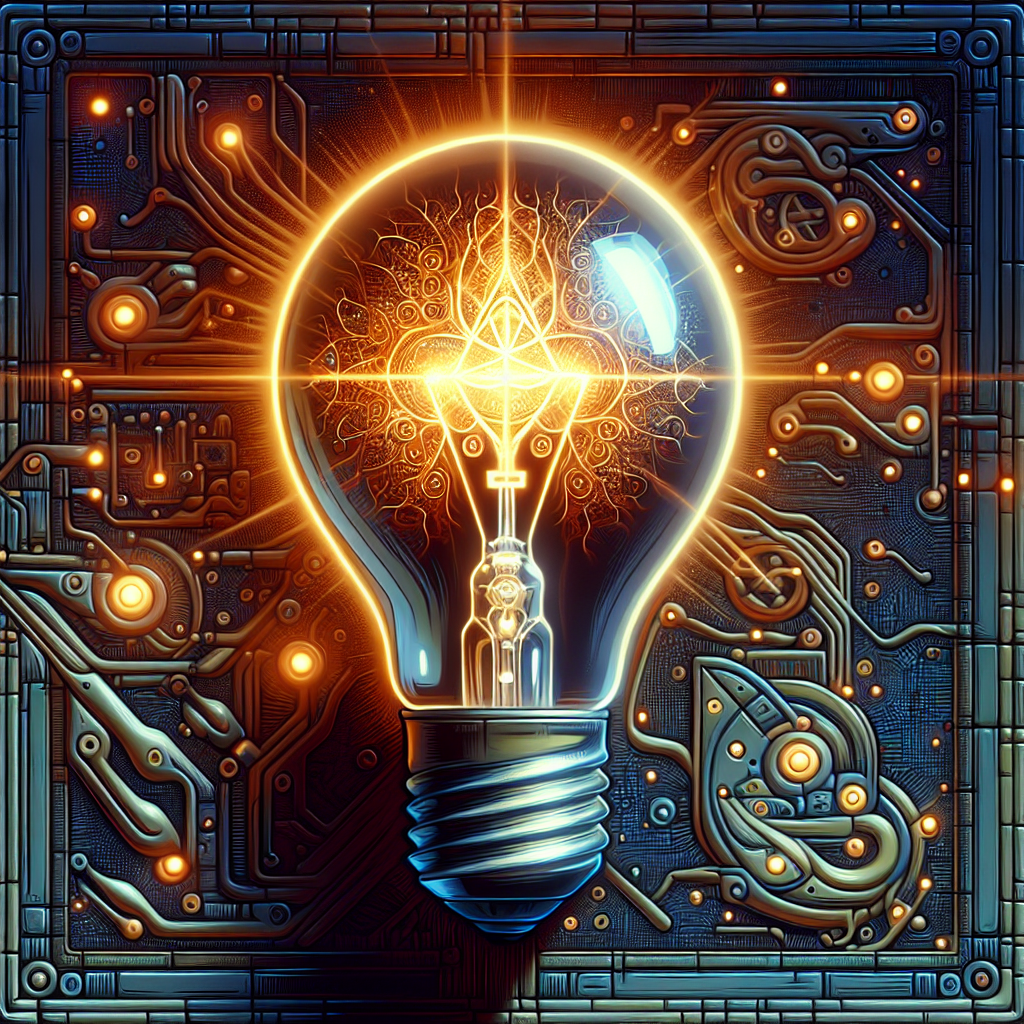Examining Post-Singularity Tech Through Philosophical Lenses

The Singularity and Its Implications
In the field of technology, the concept of the singularity has long sparked debates and discussions among researchers, philosophers, and futurists. The singularity refers to a hypothetical point in the future where artificial intelligence surpasses human intelligence, leading to unprecedented advancements in technology and society. This notion raises important philosophical questions about the nature of consciousness, free will, and ethics.
Some view the singularity as a utopian vision of a world where technology can solve all of humanity's problems, leading to a new era of prosperity and abundance. However, others argue that the singularity could pose existential risks, such as the creation of superintelligent machines that could surpass human control and potentially pose a threat to humanity's very existence.
Ethical Considerations
One of the key philosophical lenses through which post-singularity technology can be examined is ethics. As technology becomes increasingly advanced, questions arise about the ethical implications of creating machines with the capability to think and act autonomously. Should machines be granted rights and responsibilities similar to those of humans? How do we ensure that AI systems act ethically and are held accountable for their actions?
Furthermore, the singularity raises concerns about the potential loss of human agency and autonomy in a world dominated by superintelligent machines. Will humans become obsolete in a post-singularity society, or will they find new ways to coexist with AI technologies? These questions challenge us to reconsider our understanding of what it means to be human and how we relate to technology in an increasingly automated world.
Consciousness and Identity
Another philosophical lens through which we can examine post-singularity technology is the nature of consciousness and identity. As AI systems become more sophisticated, they may exhibit behaviors that resemble human thought processes and emotions. This begs the question: can machines truly possess consciousness, or are they simply mimicking human behavior?
Furthermore, the singularity raises concerns about the impact of advanced technology on our sense of identity and self. Will the integration of AI technologies into our daily lives alter our understanding of who we are as individuals? How do we navigate the blurred boundaries between human and machine in a post-singularity world?
Conclusion
In conclusion, examining post-singularity technology through philosophical lenses allows us to critically analyze the potential implications of a world where technology surpasses human intelligence. By considering ethical considerations, consciousness, and identity, we can explore the complex relationship between humans and AI in a rapidly changing technological landscape. As we continue to push the boundaries of innovation, it is crucial that we engage in thoughtful dialogue and reflection on the philosophical underpinnings of the singularity and its impact on society.